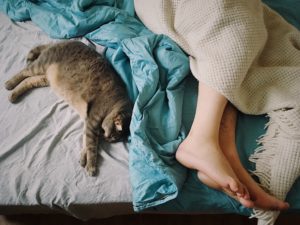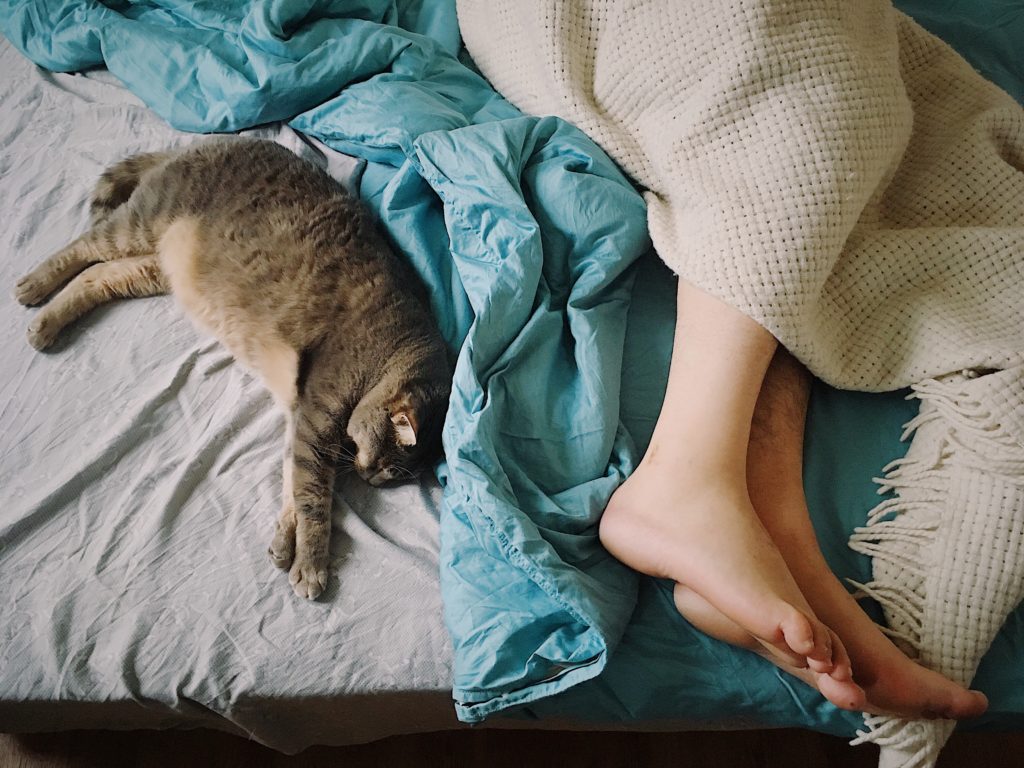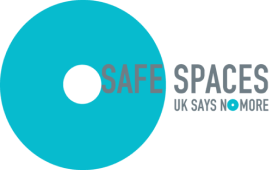
Jackie Kepler is a MattressReviews.net sleep professional. Here, she explores the link between diet and sleep.
As a veterinary professional, it can be difficult to find time for yourself, even just to get some real food in your system during your shift. This can lead to grabbing a bite of whatever’s on hand, whether that’s sweets or something client brought in, no matter whether it’s healthy or not.
Self-care is incredibly important to all of us, but especially when you have a high-stress job. Caring for animals is an important job, but you can’t do that job properly unless you take care of yourself at the same time.
Eating a healthy diet is a major part of that – just like you’d prescribe for your patients. Need some convincing? Here’s what science says about your diet and sleep cycle and how they affect each other.
Late Meals Mean Sleep Troubles
If you are getting home late at night, eating and crashing right after you eat, chances are that you are messing up your sleep schedule and getting lower quality sleep than you should be.
This is because our body has to put a lot of effort into digesting food. When you’re asleep, that energy is taken from what your body would normally be using it for – helping your mind to deal with the stressors of the day and helping your muscles to recover from the strains you put on them while you were awake. It’s also supposed to be building up your immune system. Instead, it has to use that energy to break down your food. This can lead to disturbed sleep because it can cause heartburn, gas or cause an stomach upset during the night.
Lack of Sleep Leads to Unhealthy Cravings
If you’re losing sleep, you will notice some changes in the foods that you want to eat. Instead of craving foods that have the nutrients your body needs, you’ll find yourself craving foods with higher carb and higher fat contents in them. You are also more likely to overeat when you’re tired. This will likely make you gain weight and be unhealthier overall because these foods have more carbs and fats than your body needs.
You can avoid some of this by planning your meals ahead of time and making sure the snacks you keep on hand are ones that are good for you.
How to Improve Sleep and Diet:
- Keep healthy food at work for mid-shift snacking.
- Build a sleep schedule that fits around your working hours, and stick to it as much as possible.
- Avoid eating foods that cause heartburn, gas in the evenings.
- Eat earlier in the evening.
Maintaining healthy eating and sleeping habits as much as possible can have a beneficial impact on mental health. Although this can be challenging when working nights or on call, pre-preparing healthy meals and sticking to a bedtime routine can help you to get in a good pattern.
If you find yourself struggling, track your sleeping and eating habits for a few weeks and talk to a doctor. They can help you to figure out what is going wrong for you and your sleep schedule and try to rectify it, just like you would for your patients.




